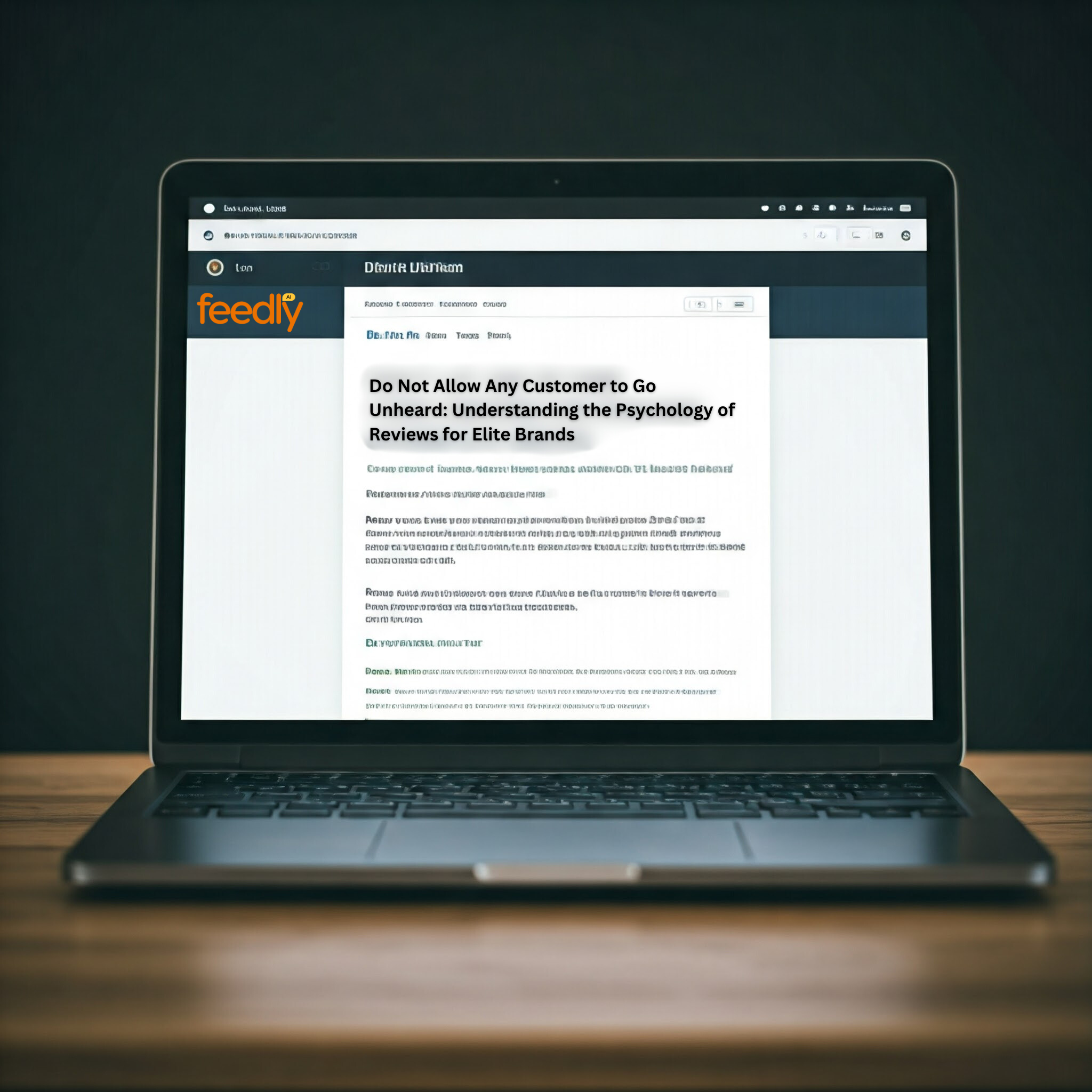Surveys and feedback systems are often used interchangeably. They overlap in purpose: both aim to gather insights, understand customer opinions, and drive business improvement. However, feedback provides a level of immediacy, depth, and ongoing engagement that surveys just can’t match. While they may seem similar on the surface, the real distinction lies in how they contribute to your business’s growth — both daily and in the long term.
Where Surveys and Feedback Systems Overlap
At their core, both surveys and feedback systems aim to collect customer input. A survey might ask specific questions about a recent experience, product, or service, while feedback systems often capture spontaneous comments and suggestions directly from customers. Both tools are valuable for understanding your audience and making informed decisions.
But where they overlap is where they also differ. Surveys are more structured, asking direct questions to get specific answers, while feedback systems are more organic, providing open-ended input that offers a deeper understanding of customer sentiment. Both help businesses gauge satisfaction and identify opportunities for improvement — but their differences can significantly affect your ability to stay agile and responsive.
Why Feedback Outshines Surveys for Daily Operations
Surveys tend to operate on a delayed timeline — think about customer satisfaction surveys sent after a purchase, or quarterly check-ins with employees. While helpful, surveys are often reactive; they provide a snapshot of the past rather than what’s happening in the present. That’s where feedback steps in.
Feedback systems give you real-time insights. When customers leave feedback immediately after interacting with your business, you’re getting the raw, unfiltered truth about their experience. You can identify issues in the moment — whether it’s a product flaw, service delay, or an overlooked feature — and resolve them before they escalate into bigger problems.
The immediacy of feedback allows you to make daily improvements, keeping your business aligned with your customers’ needs as they evolve. Surveys, while useful for larger, more structured insights, can’t match the flexibility and adaptability that continuous feedback offers.
Feedback Fuels Long-Term Growth
While surveys may offer periodic overviews, feedback helps you spot trends over time. With continuous input from customers, you can track patterns and recognize recurring issues, allowing for strategic improvements. Whether it’s about product features, service speed, or overall customer satisfaction, feedback gives you the context needed to make informed, long-term decisions.
This isn’t to say surveys don’t play a role in long-term growth — they can provide valuable data points to confirm larger trends — but feedback fills in the gaps that surveys often miss. Small, day-to-day frustrations that might go unmentioned in a formal survey often come to light in feedback, offering insights that can improve the customer experience in meaningful ways.
Building Stronger Connections Through Feedback
One of the greatest strengths of feedback is that it’s conversational. When a customer leaves feedback, it opens the door for real-time engagement. You can respond to issues right away, demonstrate that you’re listening, and take action to improve their experience. Surveys, by contrast, can feel like a one-way street — gathering data but not fostering a direct relationship.
This dynamic engagement makes feedback far more powerful for building trust and loyalty. Customers appreciate being heard, and feedback systems allow you to respond to them in a personal, authentic way that surveys often fail to achieve.
How Feedback is Key to Operational Mastery
The overlapping functions of surveys and feedback systems can both improve your business — but feedback offers the immediacy, depth, and ongoing dialogue that drives continuous growth. It’s proactive, dynamic, and rooted in real-time experience, helping you adapt quickly to changes in customer needs. While surveys provide structure and broad data, feedback ensures you never miss the nuances that can make or break your success.









